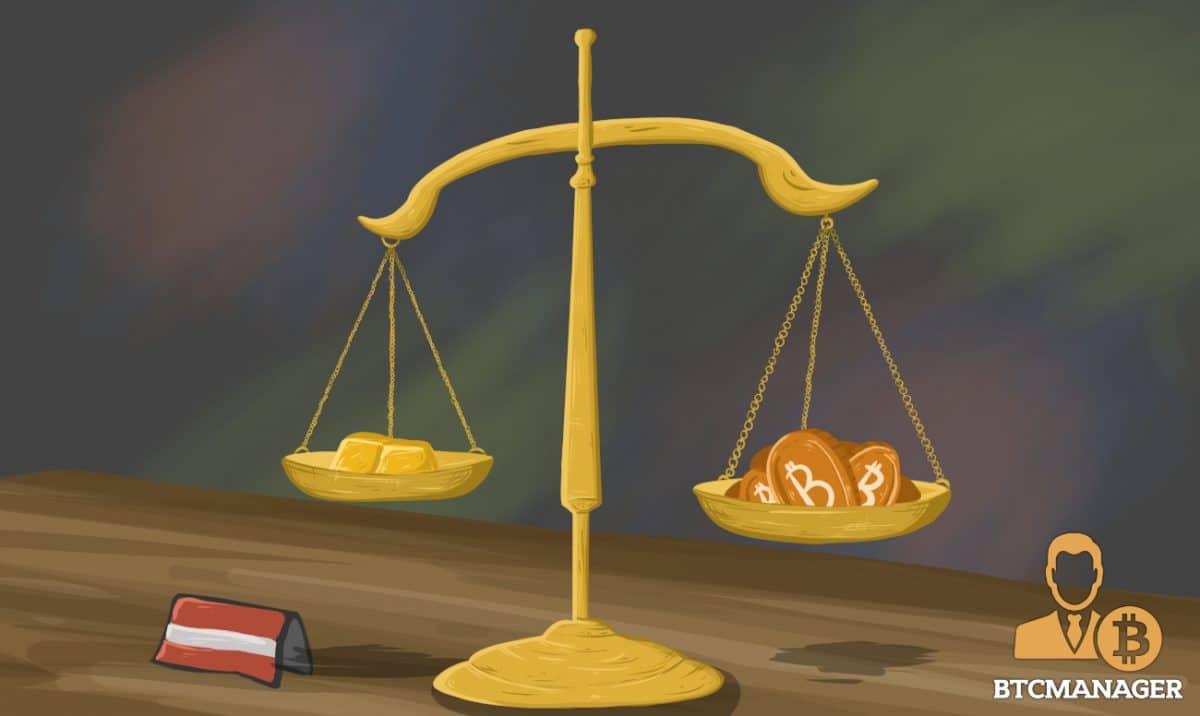Austria on the Verge of Regulating Bitcoin like Gold and Other Derivatives

The Austrian State is one of the few countries where bitcoin and other cryptocurrencies have been existing peacefully. Home to various crypto-based businesses like Bitpanda and others, the nation is now looking to put in place guidelines for the digital currency industry to prevent money laundering and protect investors in case of eventualities.
Finance Ministry Mull Cryptocurrency Regulation
Austria’s finance ministry is pondering how best to set up the same regulations for virtual currencies like gold and financial derivatives. These guidelines will govern the Austrian crypto environment as well as the European Union bitcoin and altcoin industry.
Authorities say this new development is aimed at making it almost impossible for bad actors to use virtual currencies in aiding their money laundering and other illicit activities. Also, the regulation would force crypto trading platforms to operate under the same rules as other financial armaments in the region.
Austrian Finance Minister Hartwig Loeger, in conjunction with his Portuguese counterpart, will formulate the necessary guidelines. In a statement on February 23, 2018, Loeger noted that:
“Cryptocurrencies are significantly gaining importance in the fight against money laundering and terrorism financing, that’s an important aspect for the changes we support. We need more trust and more security.”
The Need for Favorable Regulation
The latest development adds Austria to the growing list of nations working on regulating their cryptocurrency ecosystem. And with good reason: Current digital data points make private information highly valuable to companies like Google, Facebook, and Apple.
Many blockchain-backed virtual currencies, however, offer decentralized digital assets that let users make payments securely and anonymously. These attributes of cryptocurrency make it a very viable tool for e-commerce as well as offline transactions.
However, the inherent capabilities of cryptocurrencies also make it easy for criminals to use it for illegal activities, therefore, favorable regulation of digital assets is of the utmost importance.
According to the Minister, cryptocurrency exchanges, as well as fintech firms, will be required to carry out traditional screening procedures despite the novel innovation. These include proper KYC and AML checks on customers and notifying the financial intelligence unit of transactions above 10,000 euros ($12,300).
In addition, digital currency trading platforms will be supervised by the Financial Market Authority (FMA), which is Austria’s financial watchdog. Initial Coin offerings (ICOs), for instance, must be based on “digital prospectuses” that pass through the FMA to get approved.
Lots of media coverage about Bitcoin/crypto this week. Our guide for consumers is here: https://t.co/jbJLCCkw0X
— FMA Media (@FMAmedia) November 30, 2017
For projects that are similar to share or bond offerings, such projects must desist from engaging in market manipulation, insider trading and other illegal practices or get penalized.
In recent times a lot of bad actors have organized various pump and dump schemes that have carted away with peoples funds. Austrian crypto investors have been victims of such scam ICO schemes in the past. The latest one is the Optioment scheme that claimed to be a Costa Rica-based bitcoin fund. Optioment promised investors huge returns via arbitrage trading but ran away with their funds shortly following the ICO was launched.
It should also be noted that Austria faces no small task, but if successful they could turn Austria into a fintech hotspot. Regulating the digital currency ecosystem in a way that creates both a conducive environment for the cryptocurrency industry to grow and remains within legal boundary would mark a bold step in the right direction.















